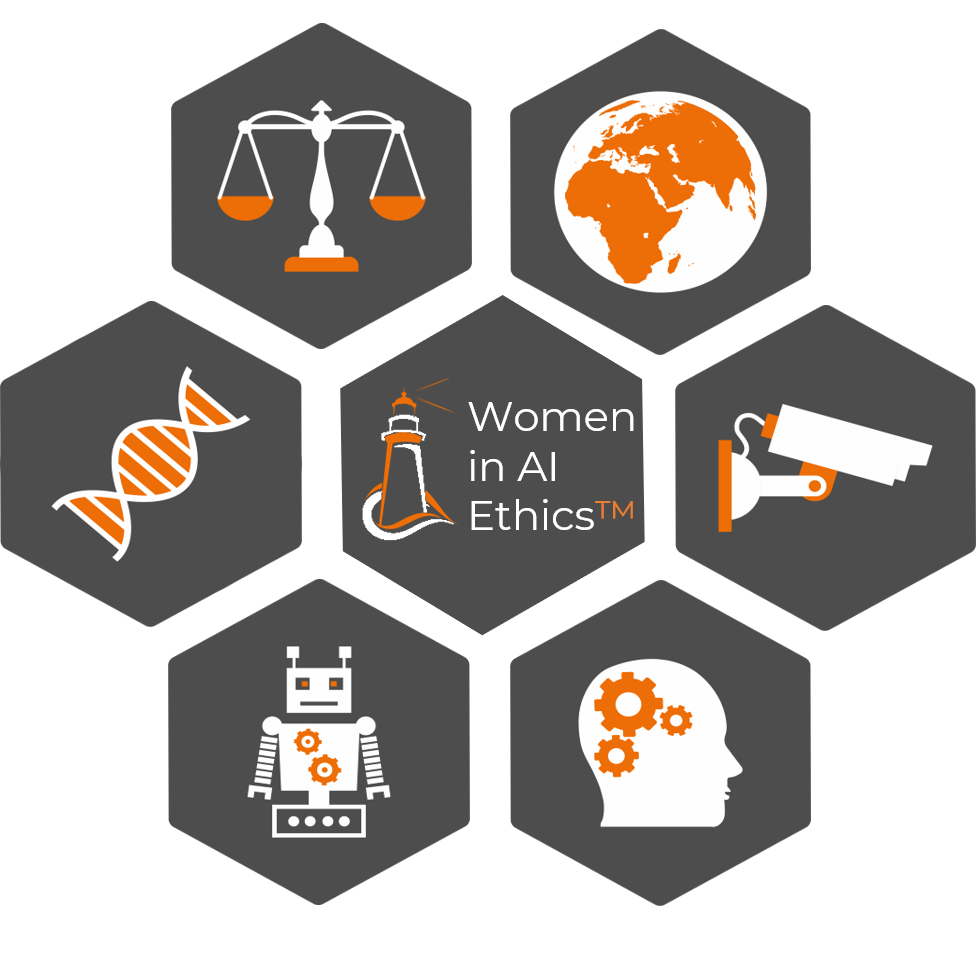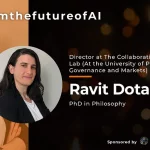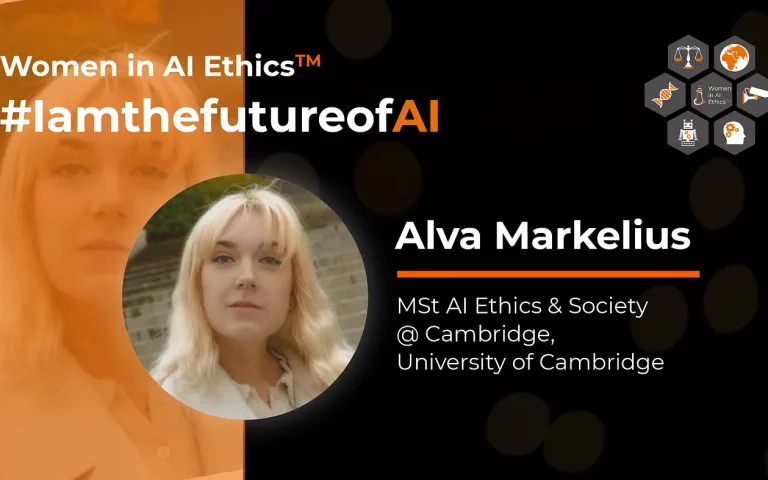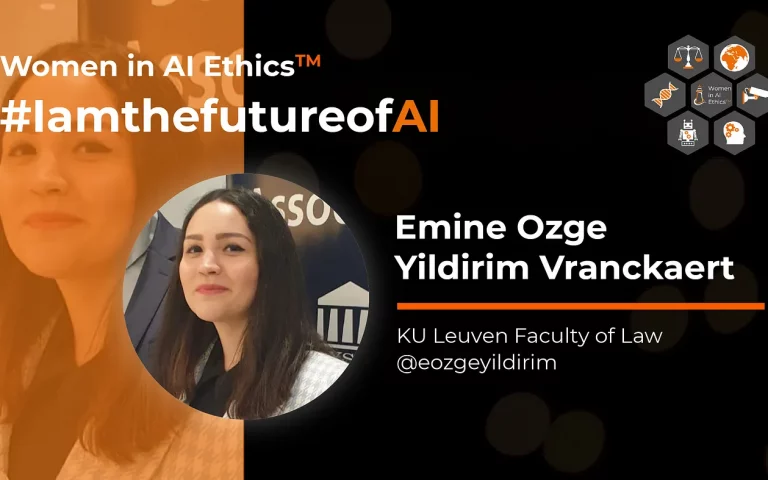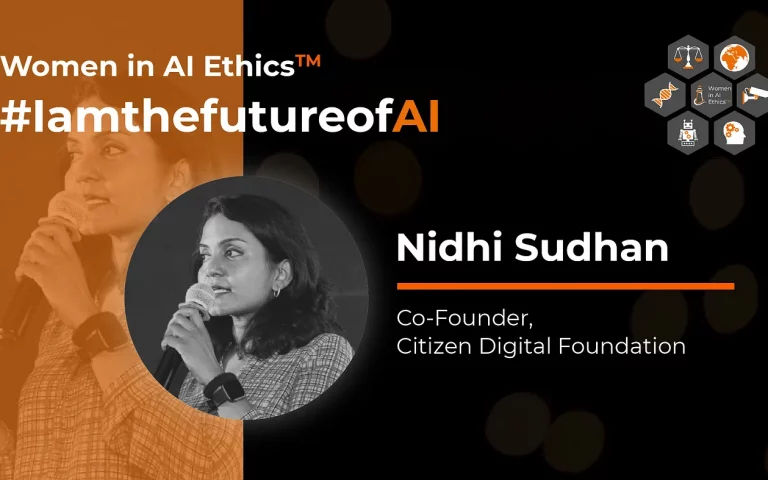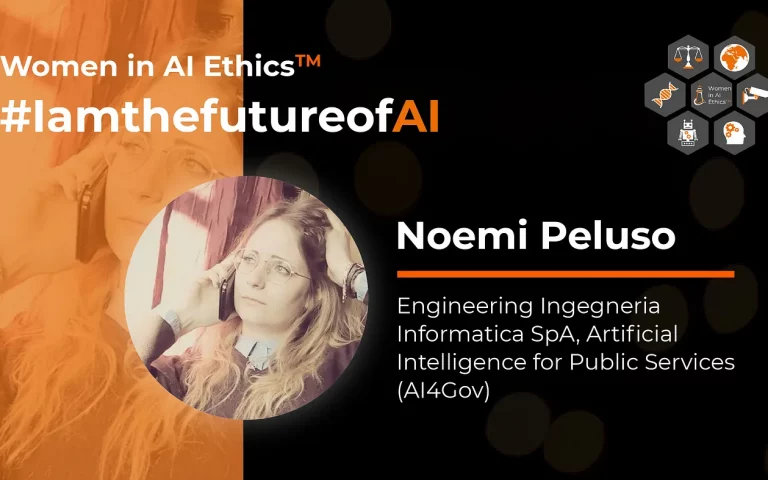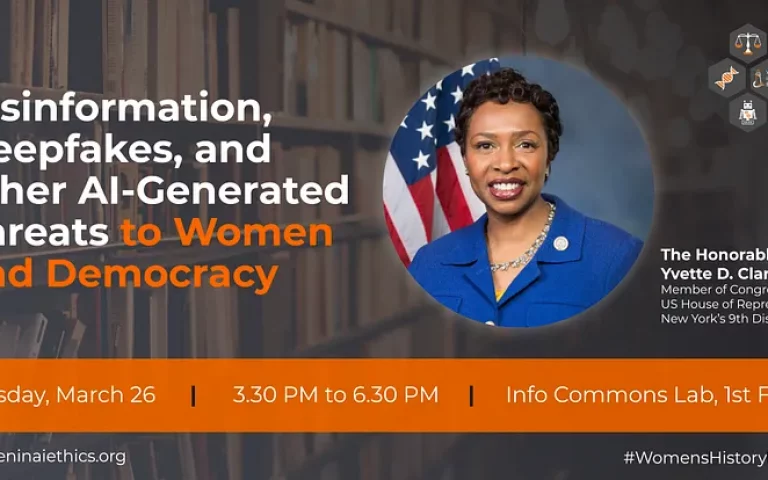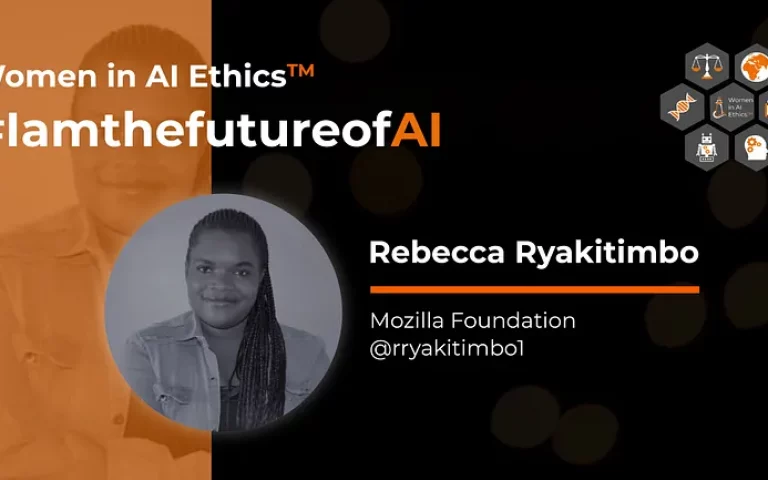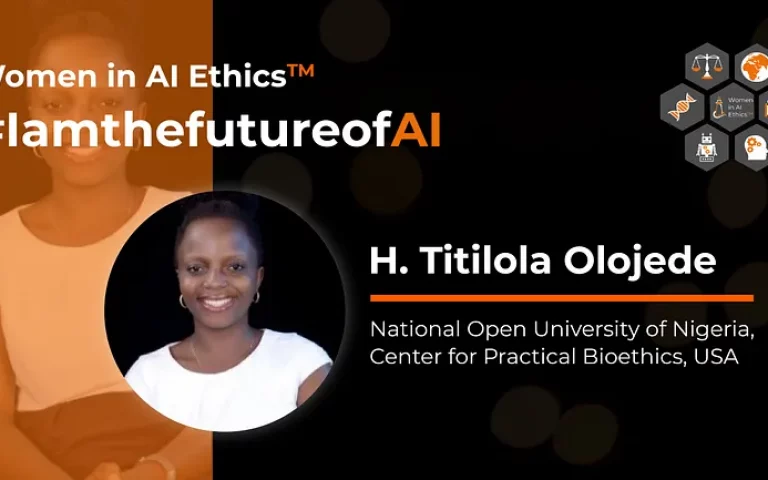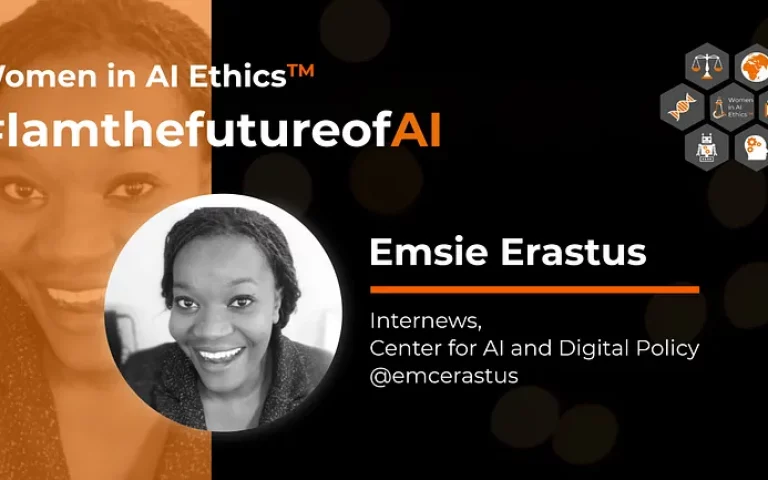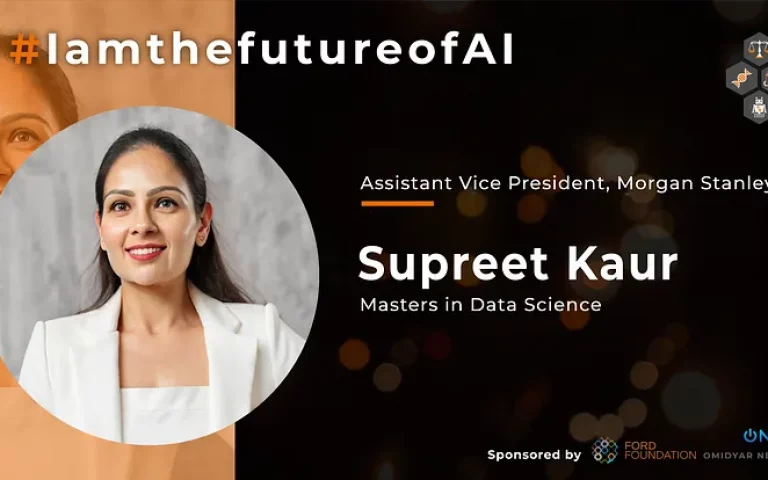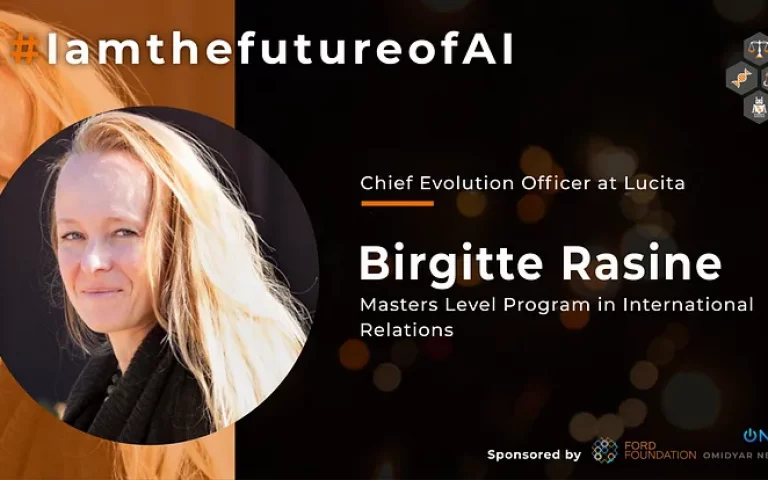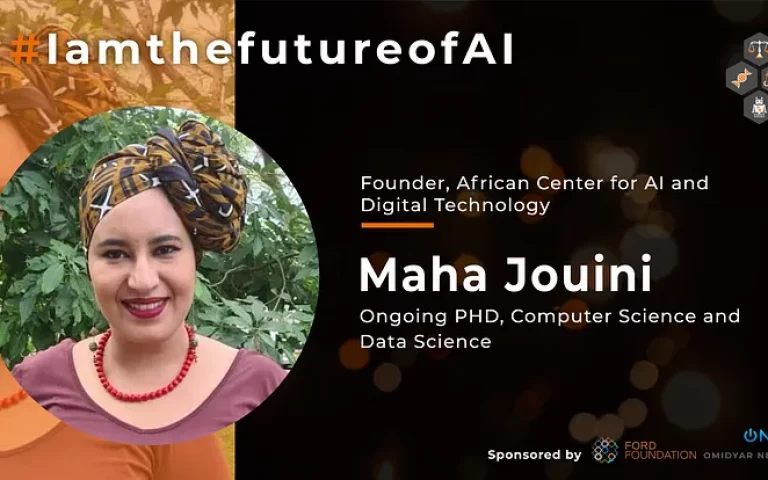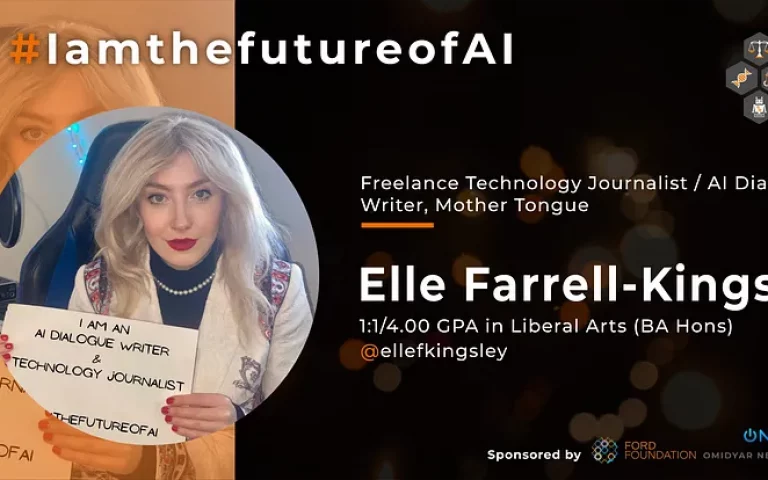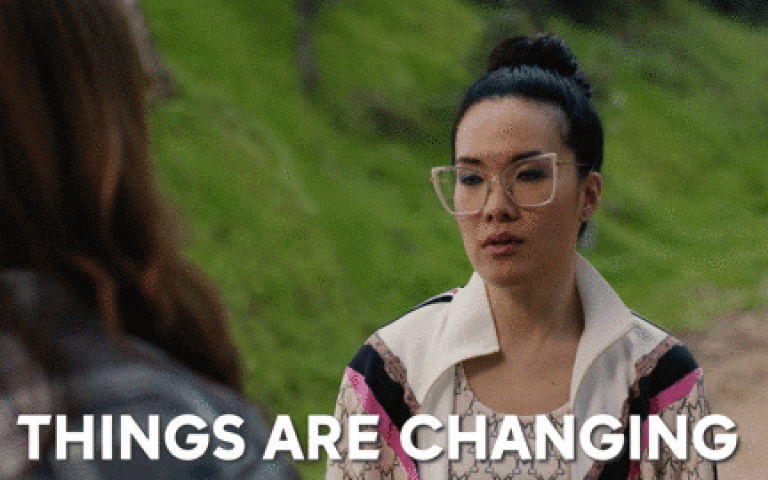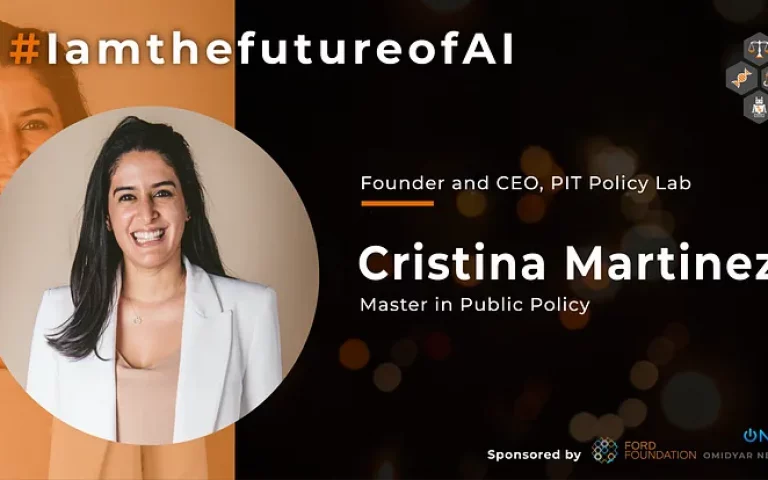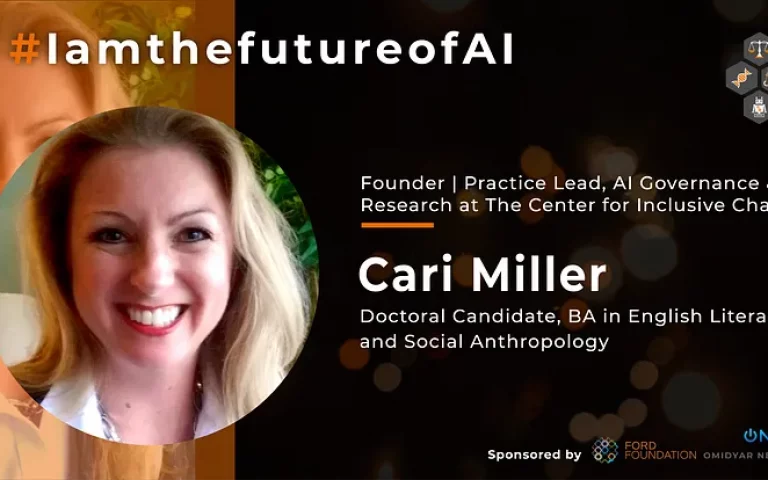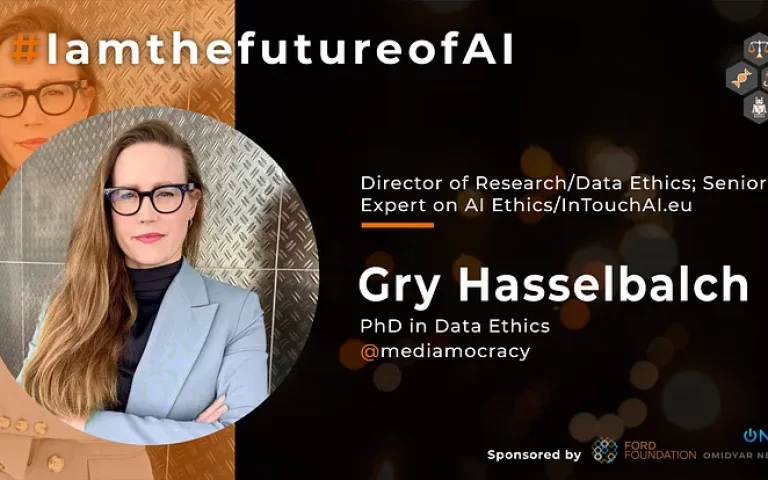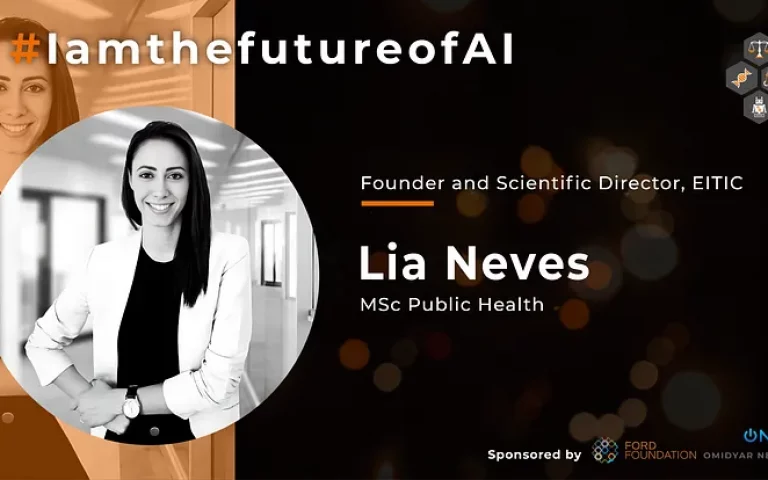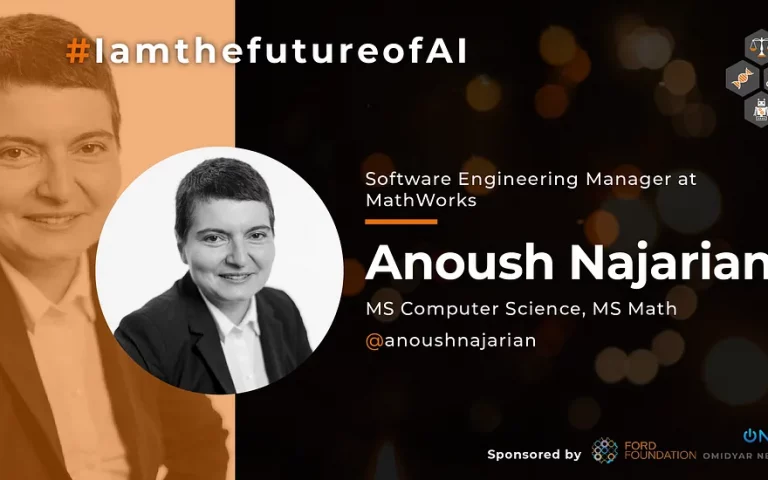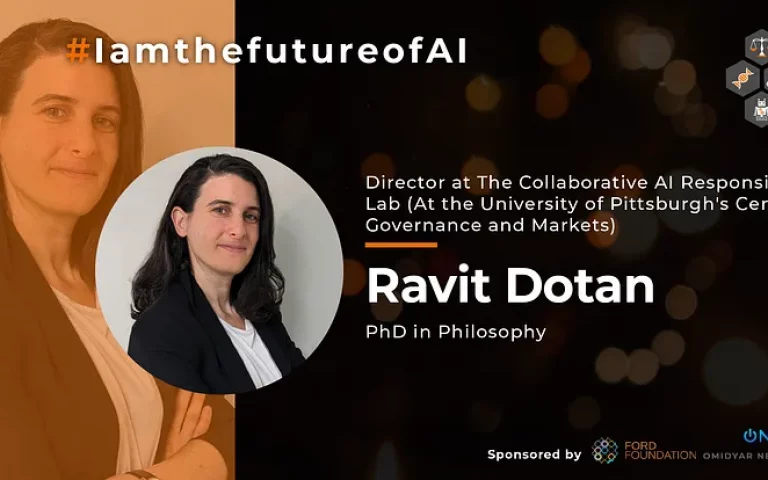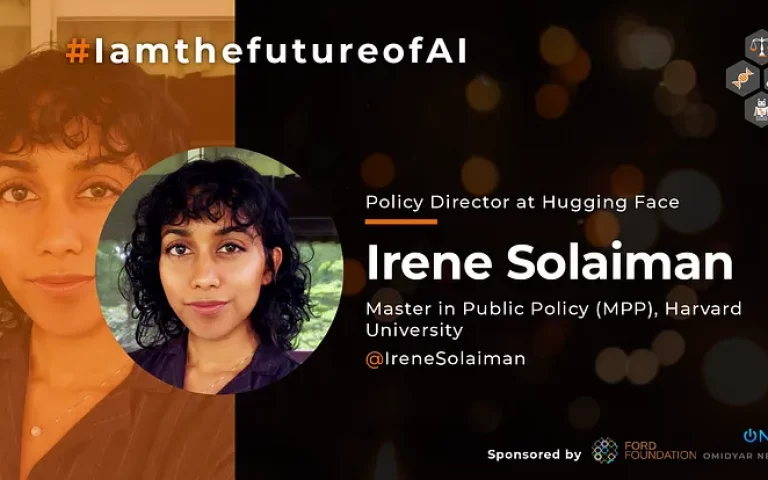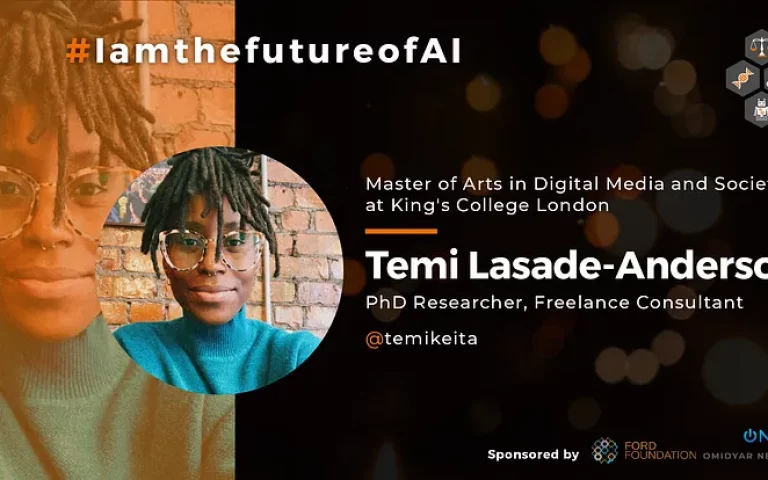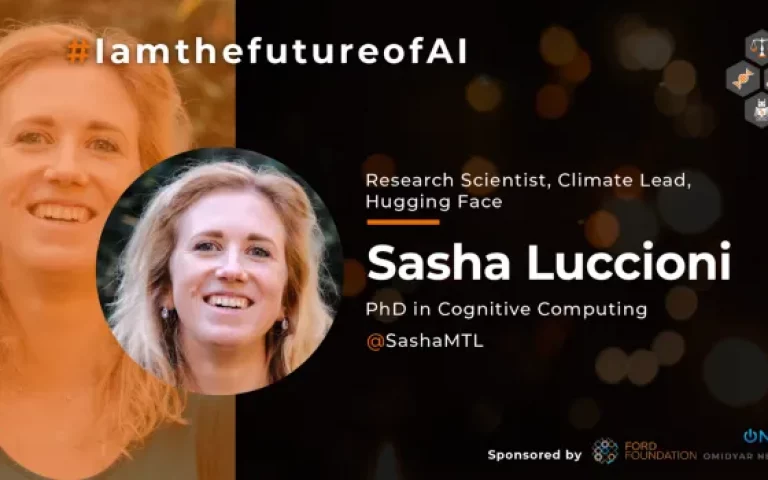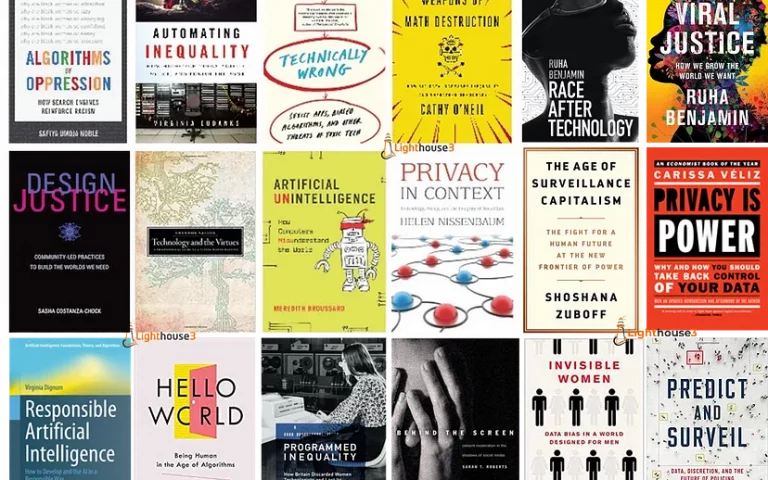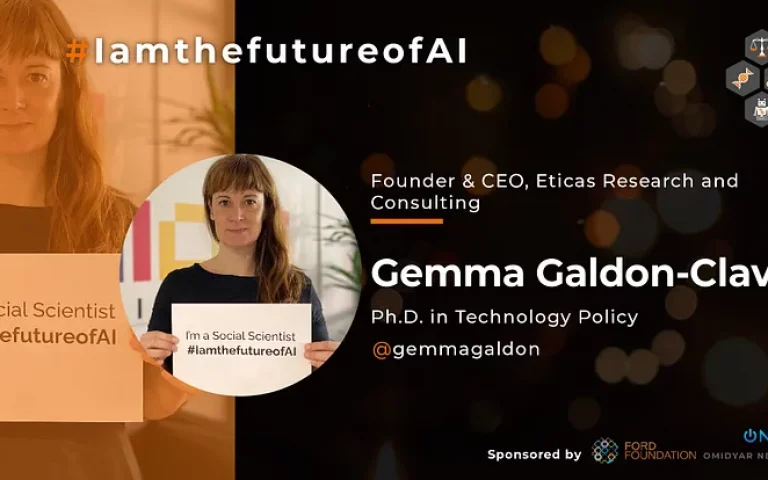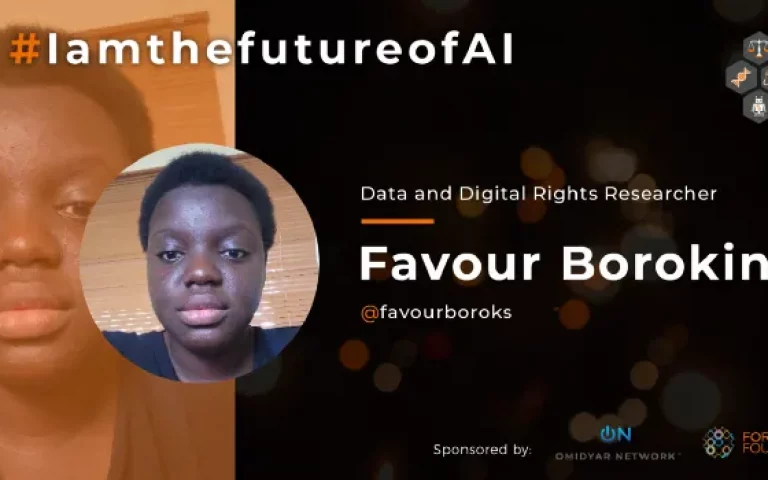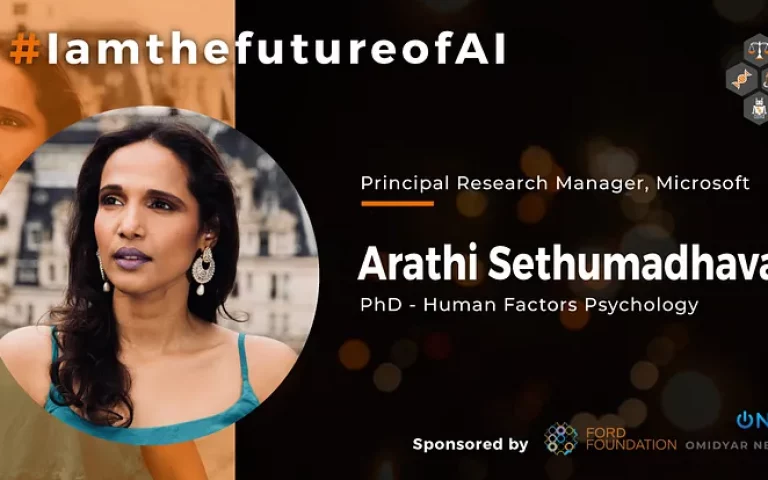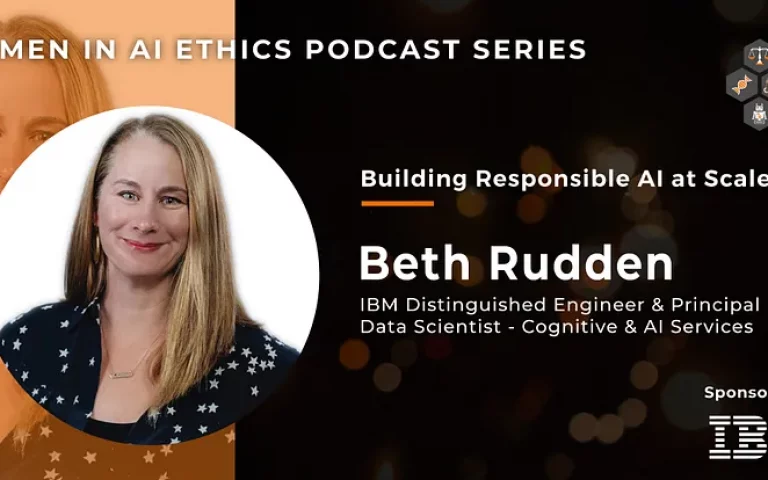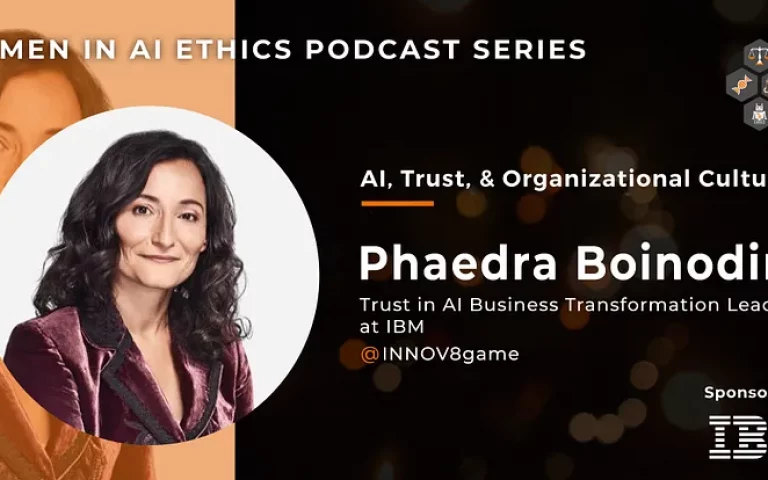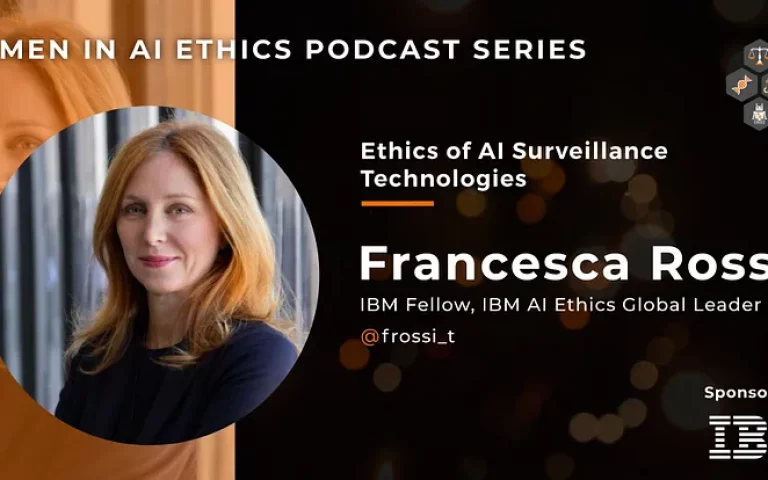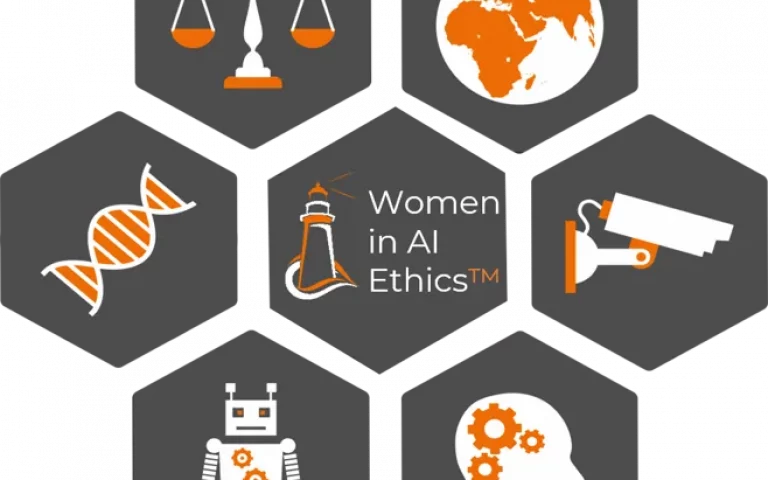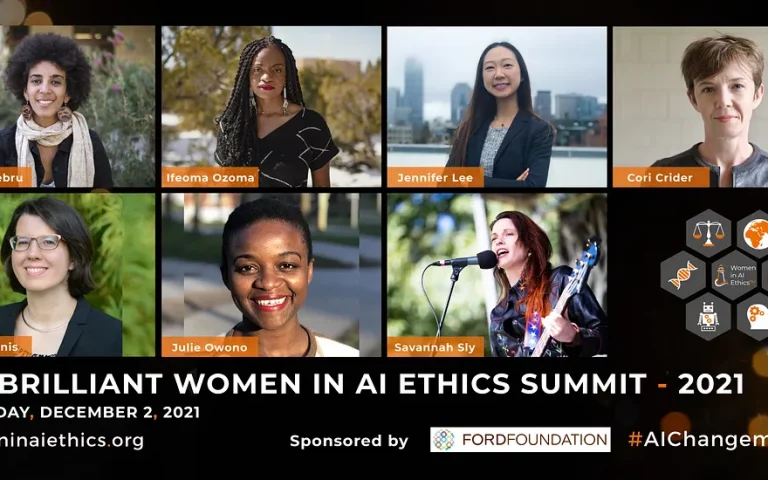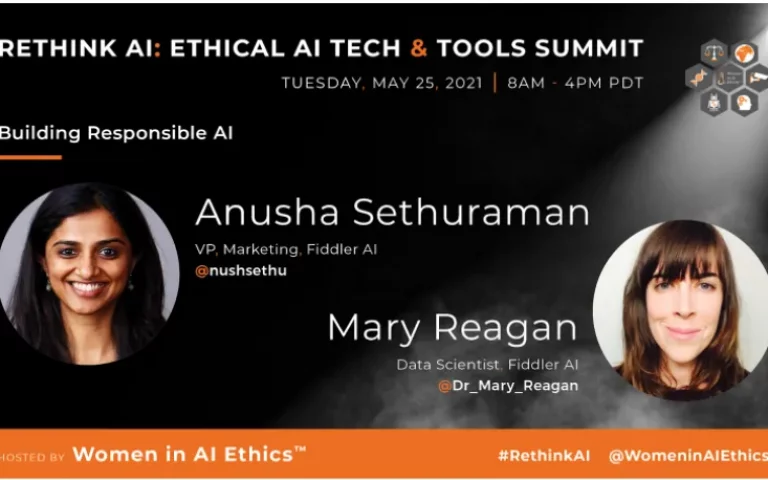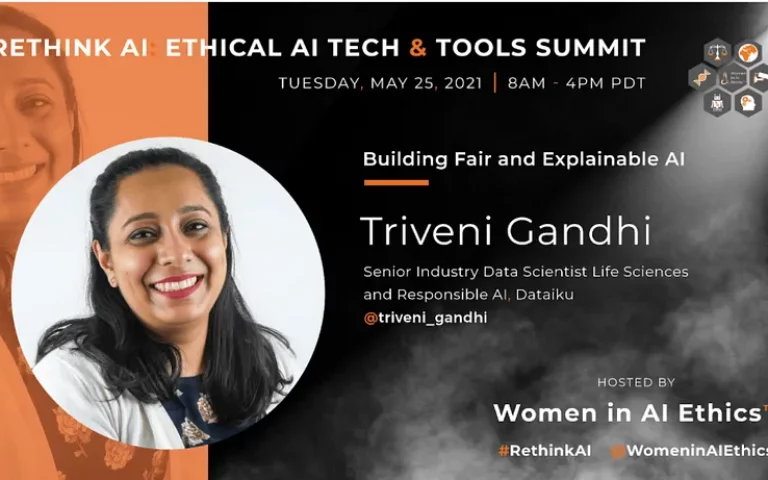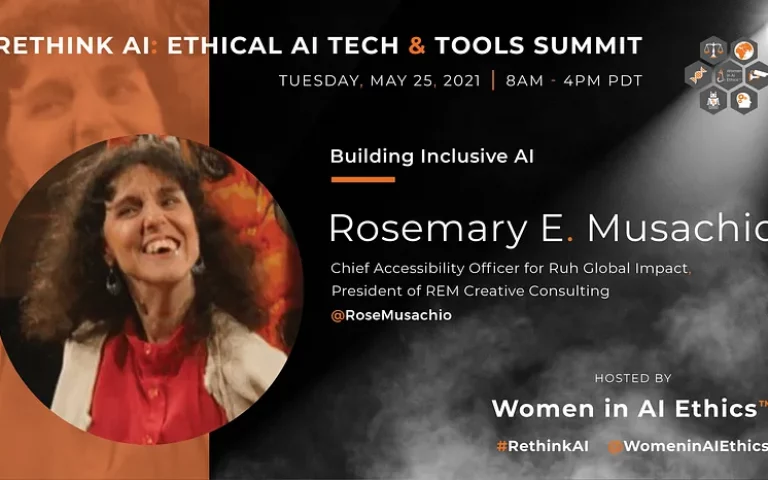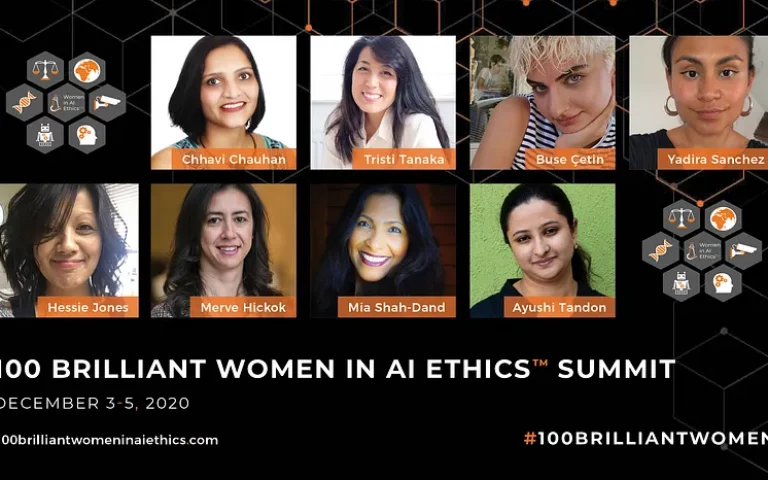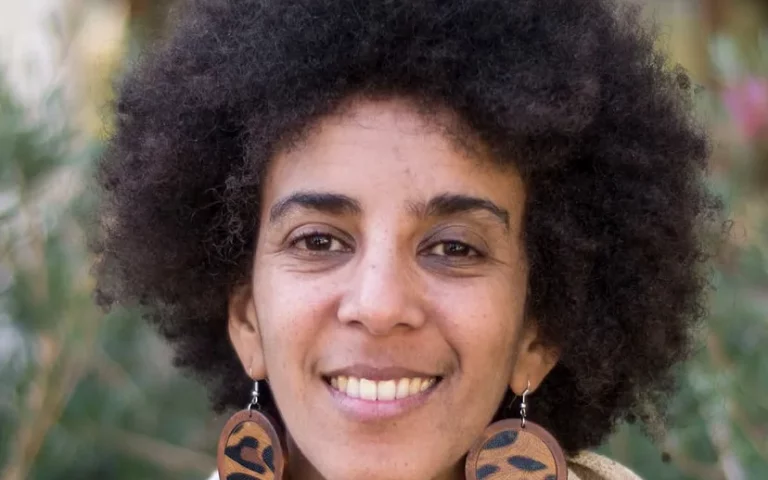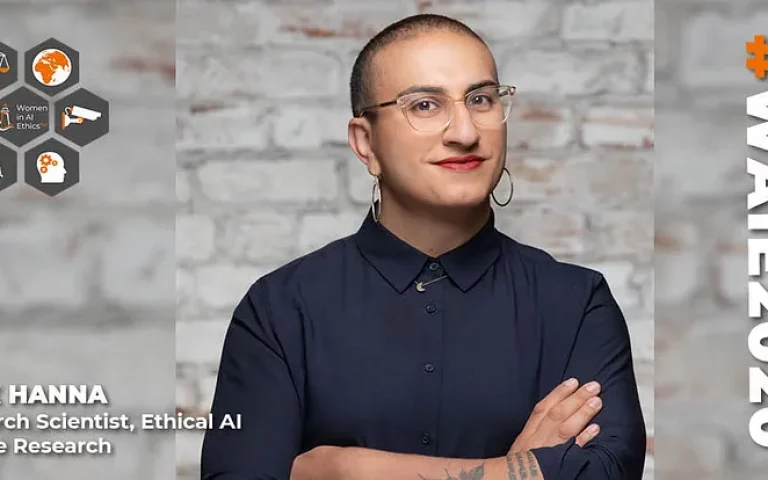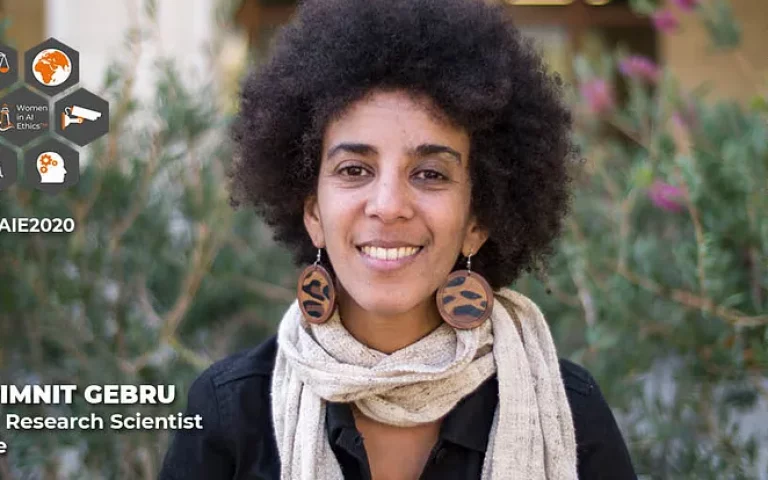Sneha Deo, Product Manager at Microsoft is passionate about translating human problems into the language of Math and is a fervent advocate of Responsible AI.
Today, she joins us to explore what has inspired her to get involved in the AI space. We also dive into her background, a bit more about her current role, and the challenges she continues to face on a day-to-day basis.
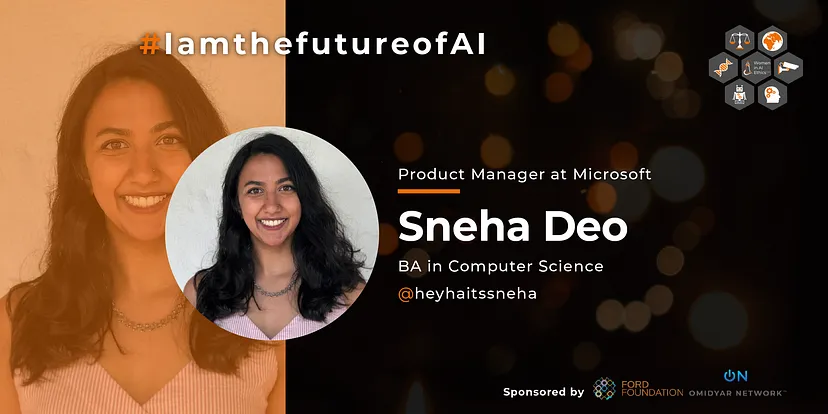
This interview is part of Women in AI Ethics (WAIE)’s “I am the future of AI” campaign launched with support from the Ford Foundation and Omidyar Network to showcase multidisciplinary talent in this space by featuring career journeys and work of women as well as non-binary folks from diverse backgrounds building the future of AI. By raising awareness about the different pathways into AI and making it more accessible, this campaign aspires to inspire participation from historically underrepresented groups for a more equitable and ethical tech future.
Can you share an incident that inspired you to join this space?
I was diagnosed with a chronic illness in my adolescence and turned to the disability justice community for support when I began to live alone at 18. Not only did I receive support on an individual level, but I also learned the power of collective action and advocacy and began to recognize that work as a form of care for others. Through my relationship with the disability justice community, I learned about intersectionality and how important it is to be in solidarity and uplift others in everything we do, and that led me to always prioritize community and community organizing (or at least, the mindset of how to disrupt systems of oppression) both in and outside of my “day job”.
How did you land your current role?
I began my career as a software engineer but wanted to work on developing algorithms so I pivoted to product management for AI. Simultaneously, I worked as a community organizer providing civic education resources for communities of color. As the pandemic hit and much of my organizing work transitioned to the digital space, I became passionate about the intersection of public interest, ethics, and technology and found my current role at Microsoft working to develop more mature ethical AI research, policy, and engineering practices.
What kind of issues in AI do you tackle in your day-to-day work?
I work on algorithmic fairness and bias, especially in large language and foundation models, data labor and fair compensation for intellectual property, and at-scale ethical/human-centered engineering practices and policy.
If you have a non-traditional or non-technical background, what barriers did you encounter and how did you overcome them?
My background is a little non-traditional because I don’t have a graduate degree, unlike many of my peers. Instead, I leveraged my expertise from years of non-profit and community organizing work that gave me skills in policy, lobbying, and effective communication with the public to “credentialize” myself beyond the technical skillset that I had developed as an engineer and then PM. I also got engaged with the Montreal AI Ethics Institute, a fabulous non-profit that built a remote community during the pandemic, and they allowed me to grow my knowledge and network in the ethical AI field early in my journey.
Why is more diversity — gender, race, orientation, socio-economic background, other — in the AI ethics space important?
Of course, there are the issues of bias, discrimination, and harm that we see from the outputs of AI models and features today — and certainly, these can be caught and addressed more effectively when we have a diverse group of people who can identify those different kinds of harms. This “reactive” approach to AI ethics is important to clean up, and certainly relies on historically marginalized folks to bring their lived experiences to light. But this can put a lot of burden on historically marginalized folks to continuously educate and advocate for themselves to “clean up” oversights created by what can be an incredibly monolithic workforce that is responsible for creating the tech that more and more shapes our physical and digital lives.
I’d say that more diversity is key to how we develop AI proactively because AI is intended to recognize and make useful patterns in collective human knowledge. To achieve this, our data and our algorithms need to consider all axes of human diversity so there won’t be massive gaps that would prevent AI from delivering on its fundamental mission. There is also the question of how AI is applied — what are the use cases and how do they work? Again, to fully explore this space requires a diversity of thought which comes from a diversity of experiences. We need to make space in our industry to center the working class, marginalized genders, races, and ethnicities, folks all along the spectrum of ability and neurodiversity, and from outside of “the West” to truly build a complete vision of the world we all want to live in and how tech can get us there.
What is your advice to those from non-traditional backgrounds who want to do meaningful work in this space on how to overcome barriers like tech bro culture, lack of ethical funding/opportunities, etc.?
I’d encourage folks to reach out to others for support — to ask for it explicitly and clearly, to not hold yourself back from cold or warm reach outs. The ethical AI community is young, and it is your job to tell people who you are and why it is important you are a part of the community because — it is important! This field is still forming, and there is a lot of unknown, undefined work that will need to be done. Figure out what is the work that you want to do, tell people what that is, and ask for help in finding ways to do it.
Sneha Deo is a Seattle-based technologist, community organizer, and musician. Sneha runs responsible artificial intelligence efforts at Microsoft, working to ground technical solutions in their potential for human impact, and is a contributor to the Montreal AI Ethics Institute. A passionate advocate for civic engagement, Sneha also leads South Asian Americans Together for Washington, a non-profit that empowers the South Asian community to participate in state and local policy-making. On off-hours, Sneha is a freelance composer and sound-designer for independent video games.
Connect with Sneha on Twitter @heyhaitssneha and on LinkedIn.
